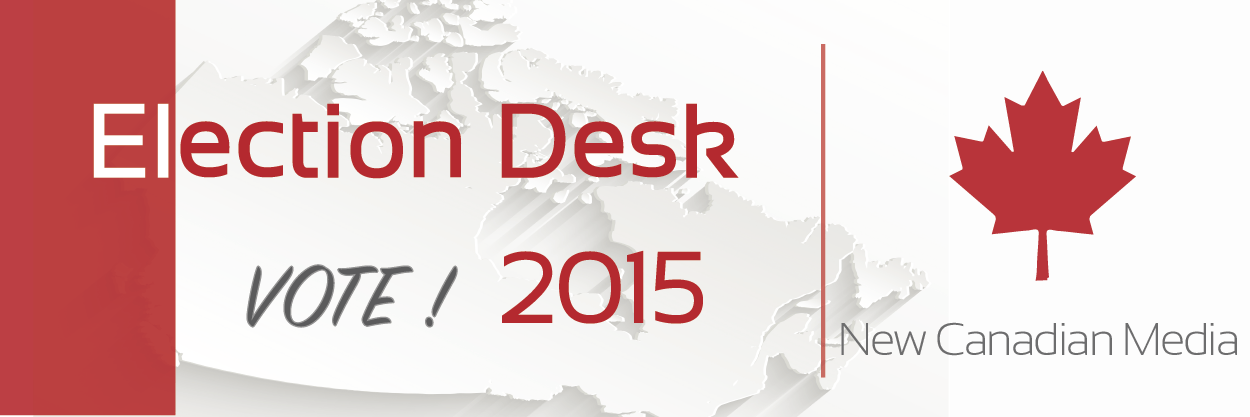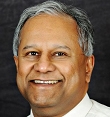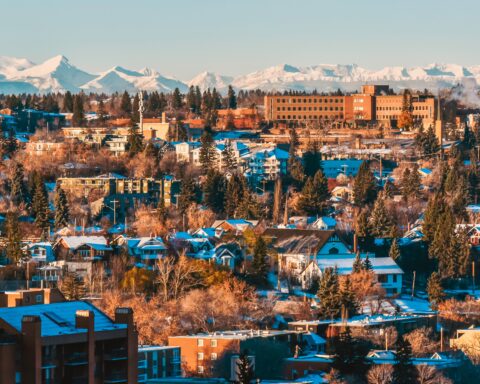 Unlike in Europe and the U.S., immigration rarely takes centre stage in Canada as all the major federal parties see it as vital for the country even if they differ on the implementation part. The issue is also not brought up often, as it tends to be very divisive.
Unlike in Europe and the U.S., immigration rarely takes centre stage in Canada as all the major federal parties see it as vital for the country even if they differ on the implementation part. The issue is also not brought up often, as it tends to be very divisive.
But last Thursday the topic did become part of the federal election conversation when The Globe and Mail leaders’ debate in Calgary included it as part of a larger debate on the economy.
While the ongoing refugee crisis in Europe forced the leaders to digress, this segment offered insight into how the next government would handle the immigration file.
The Conservatives are all about maintaining the current flow of immigrants while constantly tinkering with rules to control exactly who is let in.
At the debate, leader Stephen Harper said given the demographic and economic pressures, large-scale immigration is good in the long term.
“We’re lucky to have millions of people who come to Canada to build a new life and also maintain close ties with their birth country.”
Aware that its exclusionary immigration policies and the recently passed Bill C-24 — the Strengthening Canadian Citizenship Act — has affected its support base among immigrant communities, the Conservative Party has made some recent announcements to stem disaffection.
This past Saturday Harper said his re-elected government would award a special “Maple Leaf” designation to five to seven Canadians every year for fostering social, cultural and economic links with other countries.
‘Lucky to have new Canadians’
“We’re lucky to have millions of people who come to Canada to build a new life and also maintain close ties with their birth country,” Harper said in a press release. “In a global economy, we have an opportunity to draw on the connections that new Canadians have to build social, cultural and economic ties to developing economies.”
The release said new Canadians are great ambassadors, while noting that one in five Canadians – some 6.8 million – are foreign born.
Late last month, Harper had said his re-elected government would make it faster, fairer and more affordable for new Canadians and Canadians trained abroad to get their foreign credentials recognized in Canada.
Harper said the government would more than double the loans program to provide 20,000 new loans to internationally trained professionals over the next five years. He also said that his government would work with the provinces and territories to accelerate accreditation decisions – from one year to 60 days – for high-demand occupations.
Family reunification essential
While cold economics seem to be at the heart of the Conservative game plan, the New Democratic Party (NDP) promises to make family reunification the central part of its policy.
“It’s always been part of our immigration system,” said party leader Tom Mulcair during The Globe and Mail debate. “It’s been completely shut down under Mr. Harper’s Conservatives. I personally believe that the best social program is a united family, and you’ve got that strong family base there allowing people to come in.”
“We have moved from an immigration policy that was about permanence, building community and building a life to one of impermanence and temporariness.”
The NDP policy document talks, among other things, of an annual immigration level of one per cent of the population to meet workforce needs and family reunification requests; allowing Canadians a one-time opportunity to sponsor a relative who is not a member of the family class to come to Canada; fast-tracking family class sponsorship from disaster areas; and reforming Citizenship and Immigration Canada procedures to eliminate arbitrariness in processing of requests and appeals.
“We have moved from an immigration policy that was about permanence, building community and building a life to one of impermanence and temporariness,” Andrew Cash, NDP multiculturalism critic, was quoted by the Toronto Star as saying. His party has also said that it wants to repeal Bill C-24.
Barriers to citizenship
The Liberal party too has said that it would rescind a number of barriers to citizenship put in place by Bill C-24.
It would repeal the regulation that takes away the 50 per cent credit for time spent in Canada for international students and the regulation that calls for new citizens to sign a declaration that they intend to reside in Canada.
The party feels Canada has witnessed a decade of decline in three major areas: family reunification, refugees, and citizenship applicants.
“We need to once again be the open generous country, not naïve, making sure we’re doing security right, but not using it as an excuse to do less than we should.”
Since 2007, family reunification processing times are up 70 per cent for spouses and children — and up a staggering 500 per cent for parents and grandparents, said John McCallum, Liberal critic for multiculturalism, citizenship, and immigration.
Adding insult to injury, McCallum said, the Conservatives also reduced the age of dependents from 22 to 18.
He said the decade of failure in family reunification has unfairly taken a huge emotional and financial toll on those affected, and damaged Canada’s reputation as a country that openly welcomes newcomers.
“We need to once again be the open generous country, not naïve, making sure we’re doing security right, but not using it as an excuse to do less than we should,” said party leader Justin Trudeau during the Calgary debate.
Although Green Party leader Elizabeth May did not take part in the debate, her party has said that immigration is about citizenship.
Echoing the stance of the other two opposition parties, it says those who come to live and work in Canada have a right to an efficient and predictable path to citizenship for themselves and their families.
Ranjit is a Toronto-based writer with interest in Canadian civic affairs, immigration, the environment and motoring. Maytree and Al Jazzera English alumnus.





